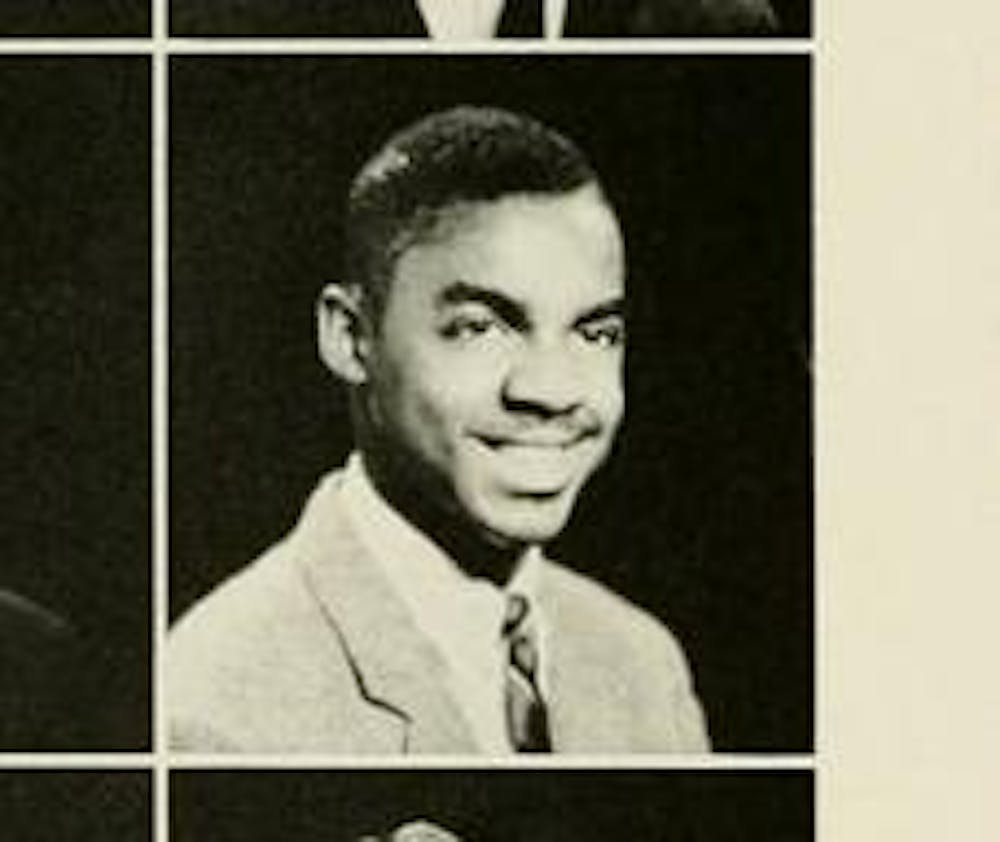In 1961, at a time when Franklin St. businesses like the Varsity Theatre were only open to Black students with UNC IDs and not Black community members, David Dansby Jr. and his fellow classmates dedicated themselves to the fight for desegregation in Chapel Hill.
In May of that year, Dansby became the first known African American undergraduate to earn his degree from UNC and went on to attend the UNC School of Law. Dansby died on Jan. 22 at the age of 84. He is survived by his sister, Marion Dansby, and other relatives.
“He was a visionary,” class of 1966 graduate Edith Hubbard said. She met Dansby while protesting to integrate small businesses in Chapel Hill and Durham. “He saw the path to what needed to be done, and then he was part of that group that said, ‘This is the way to make it happen.'”
Class of 1965 graduate Lewis Burton met Dansby at a picket line protest during the fall of his first year. As Burton stood on Franklin Street holding his sign, he said 22-year-old Dansby approached him.
“You need to be in study hall and you need to be going to class,” Burton recalled Dansby said to him. In the weeks following their first encounter, Burton said he and Dansby would catch up in a local barber shop where Dansby would encourage him to continue on with his education.
“We were helping out each other on what to do, what not to do, where not to go, and that was David,” Burton said. “He was the mentor, and he was a trailblazer — he had already done it.”
Dansby’s perseverance, guidance and support served as an inspiration for Otto White Jr., a graduate from the class of 1965.
White, Dansby and other Black classmates spent most of their time in barber shops and churches and attended social activities near where the community-based nonprofit organization Inter-Faith Council for Social Service opened in Carrboro in 1963, White said.
There were no Black instructors, counselors or mentors at UNC for the pioneering students to look up to and no Black athletes to cheer on, White said. He said he and Dansby often traveled to historically Black universities such as N.C. Central University and N.C. A&T for sporting events.




